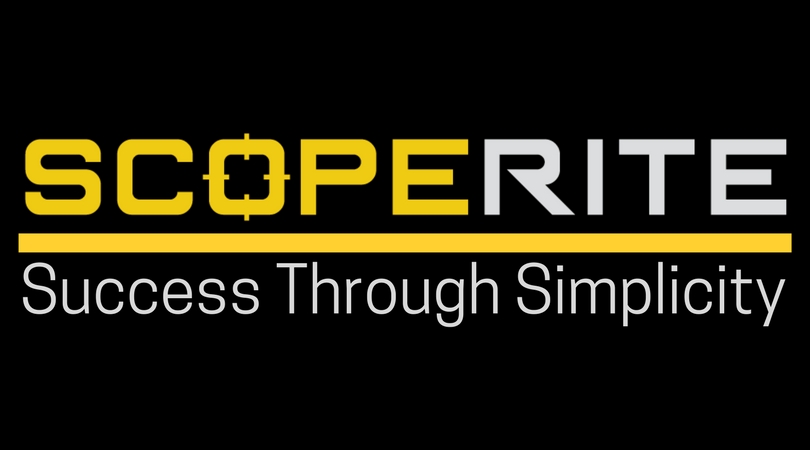Even though homeowners are the main source of business for many contractors, they can be difficult to deal with sometimes. It is almost never intentional either, people just care about their houses and want to see them in the best shape possible, but that doesn’t make them any easier to deal with.
There are a few different kinds of difficult homeowners: the arrogant ones, who think they can do your job better than you (disclaimer, they can’t), the clueless ones who don’t know anything about insurance claims or repairs, and question every move you make, and the ones who would prefer to just take the insurance money and not do any repairs at all to name a few. Regardless of which type of homeowner you are dealing with, it’s easy to get frustrated and want to just let the claim go, which is why we compiled a list of our top five ways to deal with difficult homeowners so that you don’t have to lose business over them.
1) Make The Homeowner Feel Heard
Whether it is because they think they know better, or they don’t know anything at all, homeowners will voice their opinions, thoughts, and questions to you. And while it can be easy to mindlessly listen and dismiss them because you know what is best for their property, it can make your life a lot easier to actively listen and respond to them.
People like to feel heard, even when they are trying to tell you how to do your job, and it will be easier for you in the long run to listen carefully to their suggestions and be able to counter them with what you know needs to be done. The same goes for homeowners who don’t know anything about the repairs that need to be done; answering each and every question they have with careful consideration will make them feel more at ease and make them less likely to continue to question decisions and delay the projects progress.
2) Try Not To Let Your Frustration Show
In times of high business when you spend your days running from house to house, going to the house with the difficult homeowners can be downright unpleasant for you. You know that they are prepared with a battery of information that you don’t need, that is going to delay you with while you try and do your other work. It can be really easy to get frustrated with these homeowners, and want to cut them off, tell them that you have it under control, and go about your business, but that is just going to make them more difficult to deal with.
Even if you want to scream, pack it in, and listen, respond, and keep a nice face and tone of voice. Letting them see how frustrated you are, will just make them even more difficult, and more likely to leave you a poor review or spread bad word-of-mouth about you and your company. If you know a homeowner that is going to want to talk and talk to you, when you arrive at the house, say you are going to do whatever it is you need to do first, and then talk to them after. Dealing with your inspection, measurements, or whatever else gives you a minute to breathe and prepare yourself to contain any frustration that may be present when you do go and talk to the homeowner.
3) Put Everything In Writing
Whether it is the way too involved homeowner, or the I just want the insurance money homeowner, they are going to find ways to try and rework things. They might try and change document wording, project scope, colors, timelines, the list can go on and on, and if you aren’t careful, it may never stop.
One easy way to combat these types of homeowners, is to put everything in writing, and we mean EVERYTHING. Obviously certain documents like contracts and estimates are no brainers, but don’t forget about paint colors, shingle types, window treatments, etc. If you are writing that down as those conversations are happening, it is a lot harder for the customer to dispute something they said down the road when they change their mind. Having everything in writing is also helpful in the highly unfortunate circumstance that a difficult homeowner turns into a claim that involves lawyers; if you have everything written down and dated, it will make it harder for the homeowner to make you the problem.
4) Communicate More Than Seems Necessary
Often times, difficult homeowners just want reassurance that you are giving your full attention to their project. They tend to undervalue the fact that you are running a business that has more than one client at a time, and expect you to be fully immersed in their project all the time.
One easy way to combat this is to over-communicate with them. Let them know when materials have been ordered, or when estimates are taking extra time, call and let them know that the window guy is coming even though the window guy called already. Taking the extra few minutes to call and communicate small updates with them, will placate them and leave them feeling like you are focused solely on their project, and will give them less inclination to call you every day and make your life harder.
5) Switch The Project Manager On The Claim
Sometimes certain people just don’t mesh. It doesn’t say anything bad about either of them but they just do not get along, and working together is frustrating for both parties. While it should be a last resort option, switching the project manager on a claim might be the best solution. If the homeowner is mad, and the project manager is frustrated and all other options have been tried, it might be time to just make the switch; let someone knew come in, address the homeowners’ concerns and try and get the project off to a new, better start.




